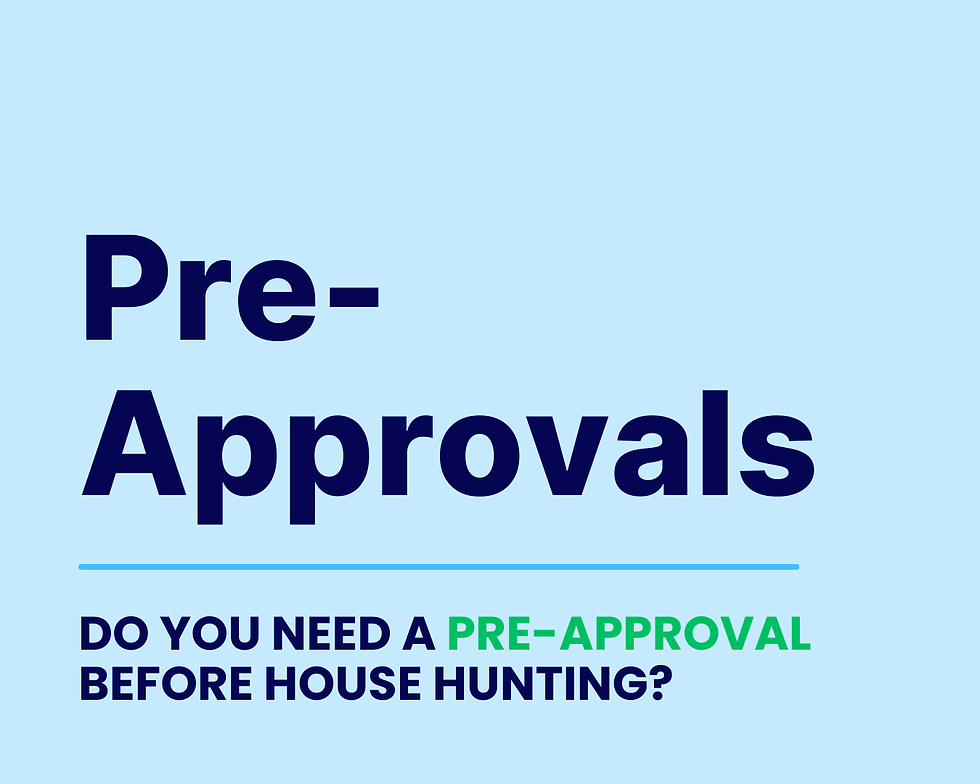Buying Property With a Friend or Sibling: What You Need to Know Before You Co-Purchase
- Healthcare Home Loans
- Oct 6, 2025
- 3 min read
Updated: Dec 17, 2025
For many Australians, including healthcare professionals balancing HECS debt, shift work, and family responsibilities, the dream of home ownership can feel out of reach. Rising property prices and cost-of-living pressures often mean saving for a deposit takes years.
One solution growing in popularity is buying property with a friend or sibling. By pooling resources, you can get into the market sooner. But before signing on the dotted line, it’s important to understand the benefits, risks, and strategies that make co-purchasing work.
Why Buy Property With a Friend or Sibling?
Buying with someone else can help you:
Enter the market faster – Split the deposit and costs so the savings burden isn’t all on you.
Increase borrowing capacity – Lenders look at your combined incomes, which can boost your loan approval amount.
Share ongoing costs – Mortgage repayments, council rates, and maintenance can all be shared.
Build equity together – Start growing wealth through property instead of waiting years to save on your own.
For healthcare workers who may face irregular rosters and variable income, co-buying can be a practical way to achieve property goals sooner.
The Risks of Co-Buying Property
While the benefits are real, there are risks to be aware of:
Different financial goals – One of you may want to sell early, while the other prefers to hold.
Unequal contributions – If deposits or repayments aren’t evenly split, tensions can arise.
Relationship strain – Even strong friendships or sibling bonds can be tested by money matters.
Liability with lenders – You’re both jointly responsible for the full mortgage. If one person can’t pay, the other must cover.
Legal & Financial Considerations
If you’re planning to buy with someone, protect yourself by:
Choosing the right ownership structure
Joint Tenants: Equal ownership and automatic transfer if one passes away.
Tenants in Common: Flexible ownership shares (e.g. 60/40) and independent control of your share.
Having a co-ownership agreementThis document sets out:
Who pays what (deposit, repayments, bills)
What happens if someone wants to sell
How maintenance or renovations will be handled
Planning an exit strategy
Life circumstances change, marriages, relocations, career moves. Having an agreed exit plan avoids conflict later.
What if One of You Is a Healthcare Professional?
Here’s where things get interesting: if one buyer is a healthcare professional (doctor, nurse, midwife, or allied health worker), you may still be able to access exclusive lending benefits, including:
Lenders Mortgage Insurance (LMI) waivers – saving you thousands
Discounted interest rates
Higher borrowing power with a smaller deposit
Even if your co-buyer isn’t in healthcare, these benefits can sometimes be applied to the joint purchase, depending on the lender. This is where working with a specialist mortgage broker for healthcare workers really makes a difference.
Real-Life Example
Two siblings, one a nurse, one working in retail, decide to buy a $650,000 townhouse together.
They split a 10% deposit of $65,000.
The nurse’s healthcare profession allows them to secure an LMI waiver, saving around $20,000.
They sign a tenants-in-common agreement to reflect their 60/40 deposit contributions.
By working together (and with the right loan structure), they’ve entered the market sooner and saved significantly on upfront costs.
FAQS
Do I need to buy 50/50?
Not necessarily. With a tenants-in-common agreement, you can split ownership based on your contributions, for example, 60/40 or 70/30.
Can I still use healthcare lending benefits if my co-buyer isn’t in healthcare?Yes, in many cases. If you’re a healthcare professional, lenders may still apply benefits like waived LMI or lower rates to the whole purchase.
What happens if one of us wants to sell?
That’s where a co-ownership agreement is essential. It sets out how a sale or exit will be handled so you avoid disputes later.
Will the bank treat us as one application or two?
The bank assesses both of your incomes and liabilities together, and you’re both equally responsible for the full loan.
Ready to Explore Co-Buying Options?
At Healthcare Home Loans, we specialise in helping doctors, nurses, midwives, and allied health professionals structure safe, smart co-purchase strategies. Whether you’re buying with a sibling, friend, or partner, we’ll help you access exclusive healthcare benefits and make the process stress-free.
📞 Book a free strategy call today and find out how co-buying could bring your property goals closer.





Comments